Supporting your thyroid doesn’t require a complete lifestyle overhaul or expensive supplements. For beginners, small, consistent changes in daily eating habits can make a big difference—especially when you're juggling work, family, and personal time. The good news? These nutrition tips are designed for real life: minimal prep, no special equipment, and ingredients you can find at any grocery store.
The thyroid is a small, butterfly-shaped gland in your neck that plays a huge role in regulating your metabolism, energy levels, body temperature, and even mood. When it’s underactive (hypothyroidism) or overactive (hyperthyroidism), it can affect how you feel every day. While medical treatment is essential when diagnosed with a thyroid condition, nutrition can support overall function and help you feel your best.
Iodine is a critical mineral for thyroid hormone production. Without enough iodine, your thyroid can’t function properly. The easiest way to get it? Use iodized salt in your cooking—it’s a simple swap if you currently use sea salt or kosher salt.
Other natural sources include seaweed (like nori in sushi), dairy products, and fish. Just a small serving of cod or tuna a few times a week can help maintain healthy iodine levels.
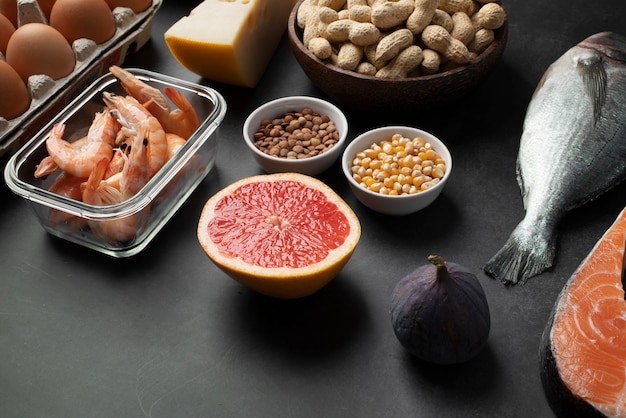
Selenium helps convert thyroid hormones into their active forms and protects the gland from oxidative stress. You only need a small amount daily—about one Brazil nut can meet your needs!
Other accessible sources include eggs, sunflower seeds, and whole grains like brown rice. Keep a small container of mixed seeds at your desk for a thyroid-friendly snack.
Zinc works hand-in-hand with iodine and selenium to support hormone production. A deficiency can contribute to low energy and hair loss—common concerns for people with thyroid issues.
Boost your intake with foods like chickpeas, pumpkin seeds, lentils, and lean meats. Add canned beans to soups, salads, or make a quick hummus with minimal effort.
Whole grains like oats, quinoa, and whole wheat bread provide steady energy and are rich in B vitamins, which support metabolism and nerve function. Unlike refined carbs (white bread, pastries), they don’t cause blood sugar spikes that can worsen fatigue.
Start your day with a bowl of oatmeal topped with fruit and seeds. It takes less than 5 minutes, requires only a microwave, and keeps you full longer.
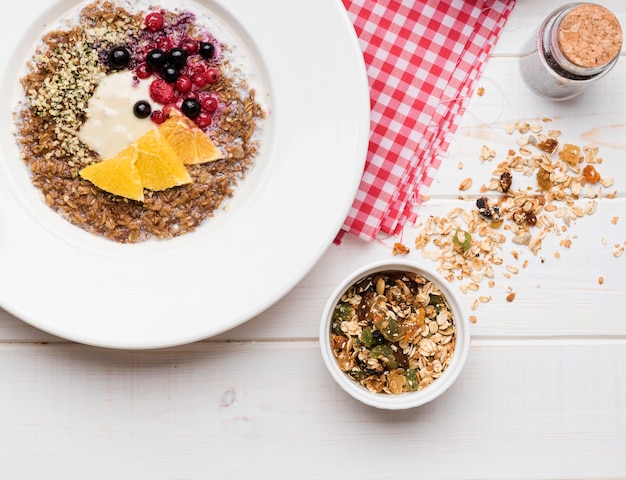
Your thyroid needs healthy fats to produce hormones and absorb fat-soluble vitamins like vitamin D, which also plays a role in immune and thyroid health.
Incorporate avocados, olive oil, nuts, and fatty fish like salmon into your meals. Drizzle olive oil over cooked vegetables or add sliced avocado to your sandwich—it’s that simple.
Some vegetables like broccoli, kale, and cabbage contain goitrogens, which can interfere with thyroid function in large amounts—especially if you have iodine deficiency.
The key is moderation and cooking. Steaming or sautéing these vegetables reduces their goitrogenic compounds. Enjoy your greens, but balance them with iodine-rich foods and avoid eating raw kale by the handful every day.
Water supports every bodily function, including hormone transport and digestion. Dehydration can worsen symptoms like fatigue and constipation, which are common with hypothyroidism.
Carry a reusable water bottle and add a slice of lemon or cucumber for flavor. Herbal teas like chamomile or ginger also count and can soothe digestion.
Skipping meals or irregular eating can stress your body and disrupt hormone balance. Aim for three balanced meals a day, even if they’re simple.
A balanced plate includes a protein source (like eggs or beans), a serving of vegetables, a healthy fat, and a complex carb. Think: scrambled eggs with spinach and toast, or a grain bowl with lentils, roasted veggies, and olive oil.

Supporting your thyroid through nutrition doesn’t require drastic changes or specialty products. These eight beginner-friendly tips are practical, sustainable, and designed for real-world routines. Focus on consistency, not perfection. Small steps add up over time—and your thyroid will thank you.
Always consult with a healthcare provider if you suspect a thyroid issue. Nutrition supports health, but it’s part of a bigger picture that may include testing and medical treatment.

Health

Health

Health

Health
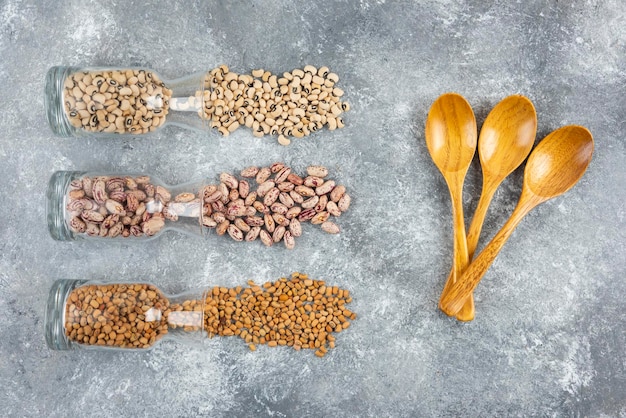
Health

Wellness
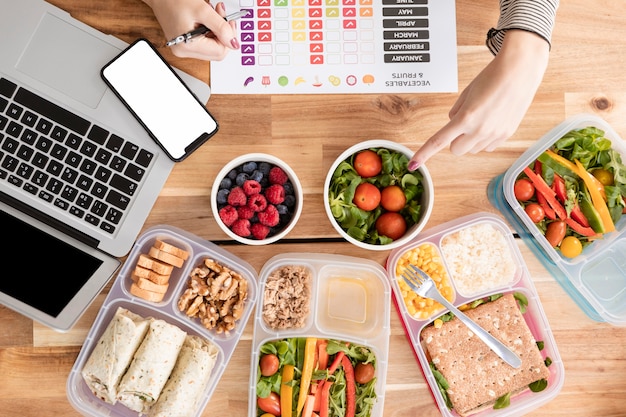
Wellness

Wellness

Wellness
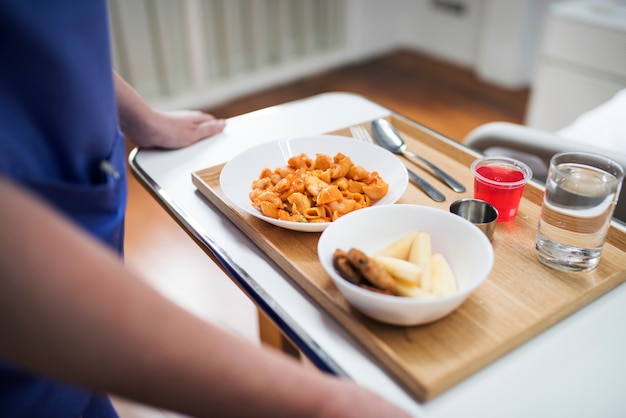
Health
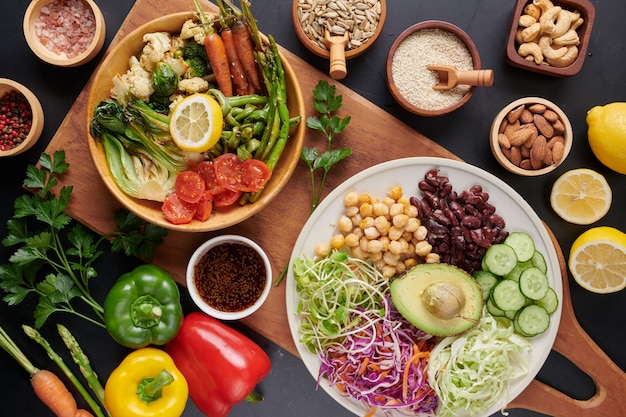
Health

Wellness

Health

Fitness

Health

Health